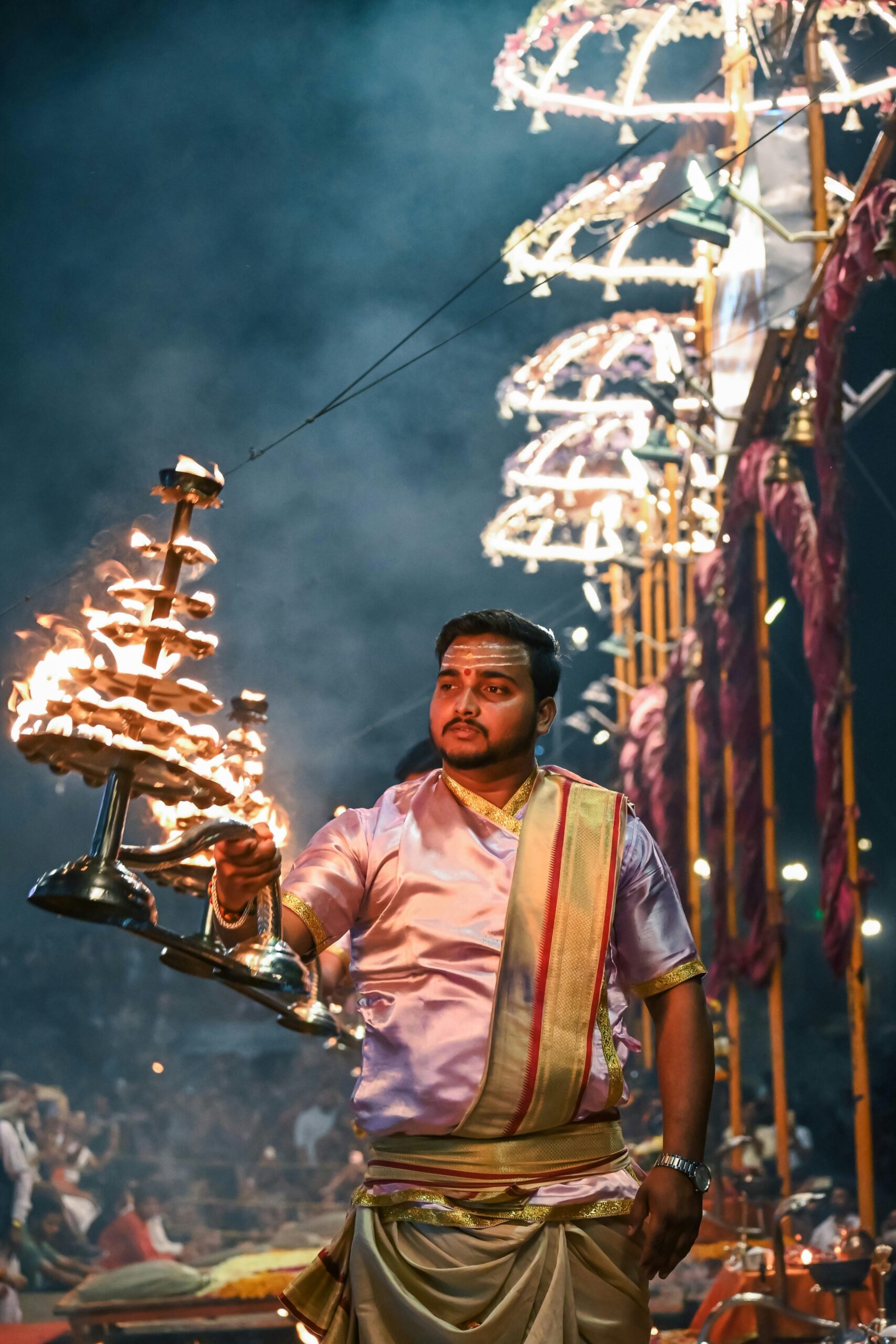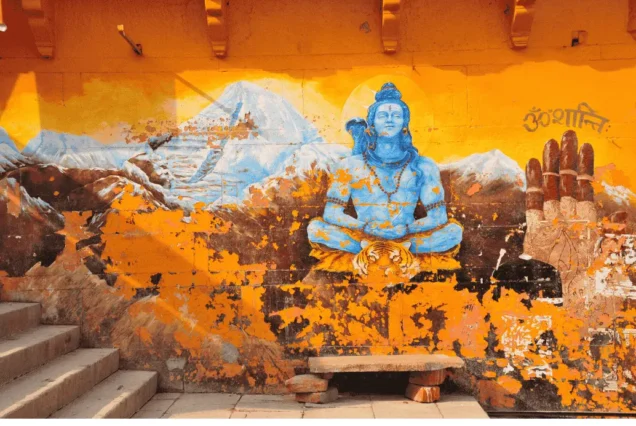Spiritual Retreats in India
Reconnect, Realign, and Rediscover
Origin of Spiritual Retreats
The tradition of spiritual retreats in India dates back thousands of years, deeply rooted in Vedic culture. These sacred retreats offered seekers a chance to step away from daily life and immerse themselves in meditation, self-inquiry, and divine connection. Since the time of the Upanishads, sages would retreat to forests and mountains for silence, introspection, and guidance from enlightened masters.
Why Choose a Spiritual Retreat?
The Need for Spiritual Retreats in Today’s World In our fast-paced, digitally driven lives, stress and burnout have become all too common. Amid this noise, spiritual retreats in India offer a sacred pause—a space to slow down, reflect, and heal. These are not just vacations, but deeply immersive experiences designed to nourish the soul and restore balance. By stepping away from everyday distractions, spiritual retreats help you reconnect with your inner self, rediscover purpose, and embrace a more mindful way of living.
Why Choose a Spiritual Retreat in India?
Whether you’re just beginning your spiritual journey or seeking deeper insight, these retreats offer:
Mindfulness & Emotional Balance: Learn to stay present and respond to life with greater calm and awareness.
Mental Clarity & Inner Connection: Strengthen your spiritual insight through guided meditation and self-reflection.
Restoration of Energy: Recharge in peaceful surroundings with supportive, like-minded communities.
Healing Through Ancient Practices: Embrace holistic therapies like yoga, Ayurveda, chanting, and spiritual discourses.
From the serene Himalayas to the tranquil backwaters of Kerala, India’s spiritual retreats are sanctuaries where you can reset, realign, and truly come home to yourself.

Benefits of Spiritual Retreats for All Ages
Spiritual retreats are inclusive and beneficial for everyone — from young adults seeking direction to seniors in search of peace. Here’s how they help different age groups:
Young Adults
Instill discipline, reduce anxiety, and boost focus
Working Professionals
Relieve stress, inspire clarity, and enhance creativity
Middle-aged Individuals
Provide tools for emotional healing and life transitions
Elderly Participants
Offer spiritual comfort, community, and a sense of purpose
What to Expect at a Spiritual Retreat
Who is Considered the Father of Spiritual Retreats?
While many ancient Indian sages contributed to the tradition of spiritual retreats, Swami Vivekananda is often credited with popularizing the concept for modern seekers. He introduced spiritual retreats as structured experiences accessible to householders, not just ascetics, emphasizing the universal nature of self-realization and inner peace.
Brief History of Spiritual Retreats
Spiritual retreats were historically held in ashrams, hermitages, and forest monasteries where sages offered teachings to disciples in secluded surroundings. Over the centuries, these retreats evolved from strictly monastic settings into holistic sanctuaries welcoming individuals from all walks of life. The rise of yoga, Ayurveda, and global wellness movements has helped spiritual retreats gain immense popularity worldwide.
Why Choose India for Your Spiritual Retreat?
India is the land of saints, sages, and seekers. From the Himalayas to the Western Ghats, this sacred land offers the perfect setting for self-discovery. Here’s why India is the ultimate destination for spiritual retreats:
- Home to ancient spiritual traditions and lineages
- Presence of ashrams, temples, and holy rivers
- Authentic Ayurveda, Yoga, and Vedanta practices
- Enjoy stress-free bookings with exclusive deals and expert support
- Enjoy stress-free bookings with exclusive deals and expert support
Whether you’re drawn to the mysticism of Rishikesh, the tranquility of Kerala, or the stillness of Himachal, India provides countless opportunities to go within.
India Holistic Retreats – Your Guide to Transformational Journeys

Spiritual Retreats in India: A Path to Inner Peace and Renewal
Spiritual retreats in India provide a unique opportunity to step away from daily stress and reconnect with your inner self. Rooted in ancient Indian traditions, these retreats are designed to promote holistic healing, mental clarity, and spiritual growth. From the tranquil Himalayas to the serene coasts of Kerala, India offers diverse settings for all kinds of seekers.
Highlights of a Spiritual Retreat in India
Indian spiritual retreats typically combine time-honored practices to nurture the mind, body, and soul. Key elements include:
Guided Meditation & Yoga: Daily sessions enhance mindfulness, flexibility, and inner balance.
Silent Contemplation or Vipassana: Silent periods deepen self-awareness and reflection.
Satsangs (Spiritual Talks): Engage in inspiring discourses and Q&A with spiritual teachers.
Nature-Based Activities: Mindful walks and grounding practices strengthen your connection with nature.
Ayurvedic Meals & Detox: Sattvic meals and optional Ayurvedic therapies support physical cleansing and rejuvenation.
Spiritual Mentorship: Personalized guidance helps you navigate your individual spiritual path.
Whether you seek personal transformation, inner peace, or a deeper connection with life, spiritual retreats in India offer an ideal setting for profound renewal. Popular destinations include Rishikesh, Dharamshala, Kerala, and Auroville.
At India Holistic Retreats, we specialize in curating personalized spiritual retreats across India. We partner with the best naturopathy and wellness centers, yoga ashrams, and holistic sanctuaries to offer authentic and impactful experiences. Whether you’re looking for a structured 7-day retreat or a long-term spiritual immersion, we help you craft a journey that aligns with your goals and values.
Custom retreats available in Rishikesh, Kerala, Dharamshala, Auroville, and more
Certified wellness and meditation centers
One-on-one consultations with spiritual mentors
Flexible booking dates and customizable itineraries


